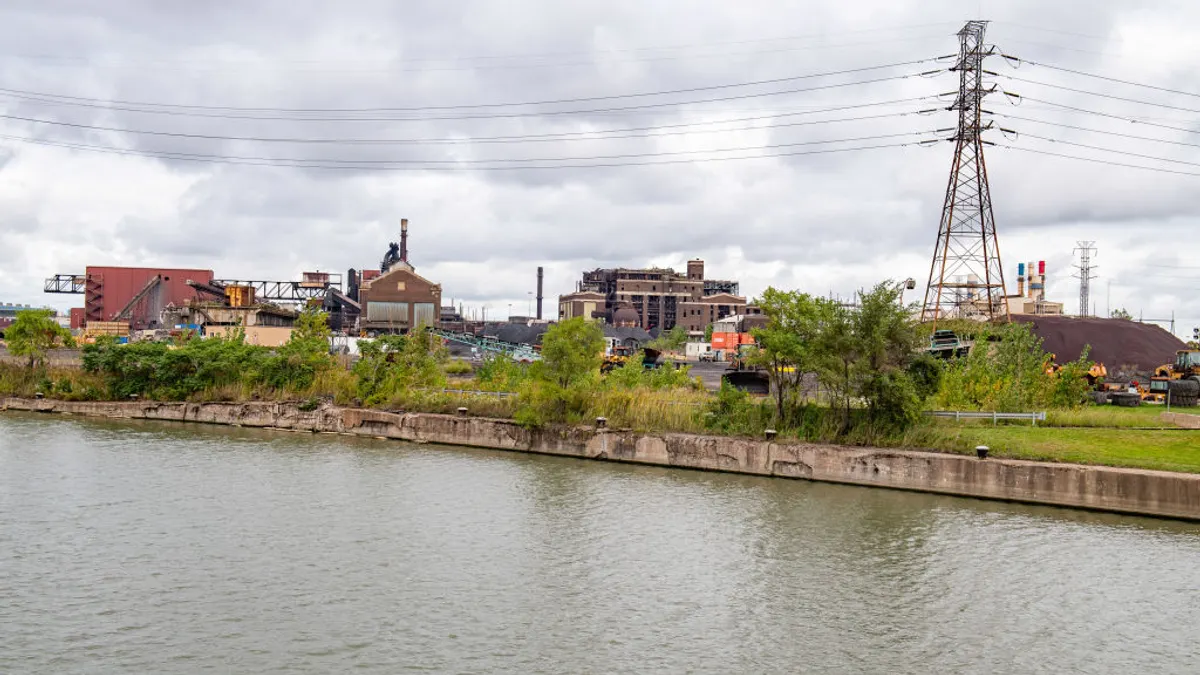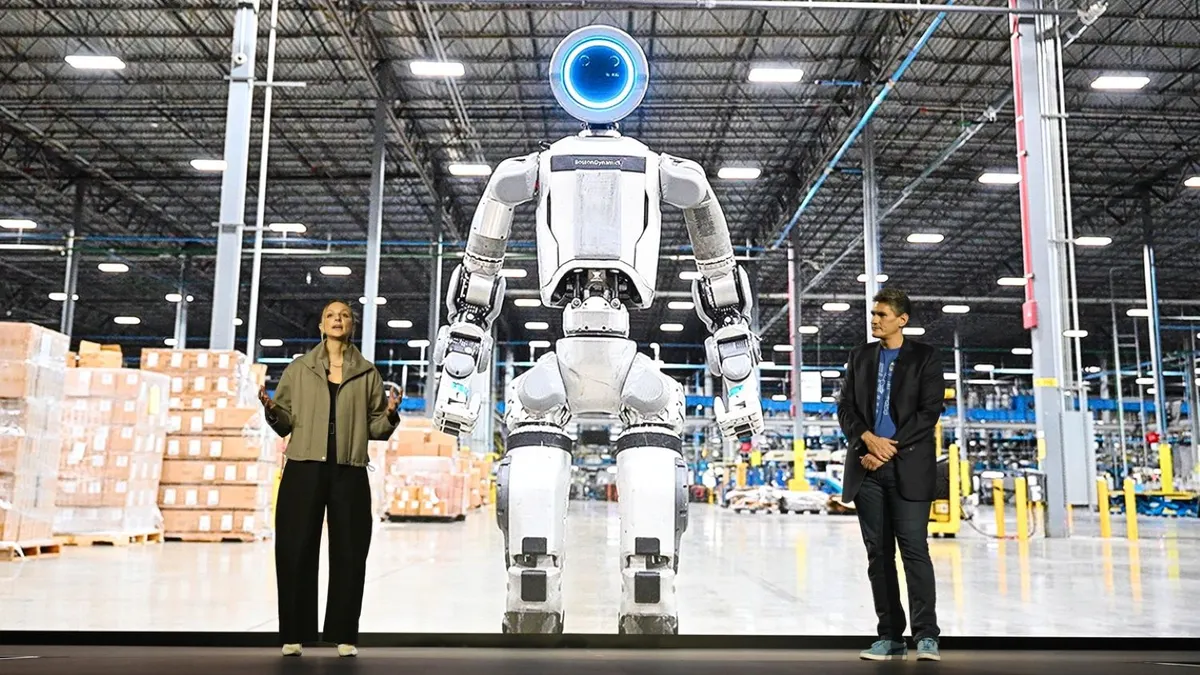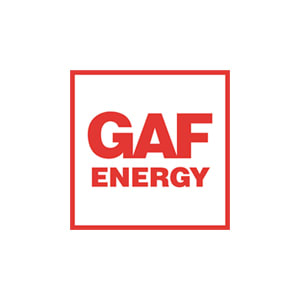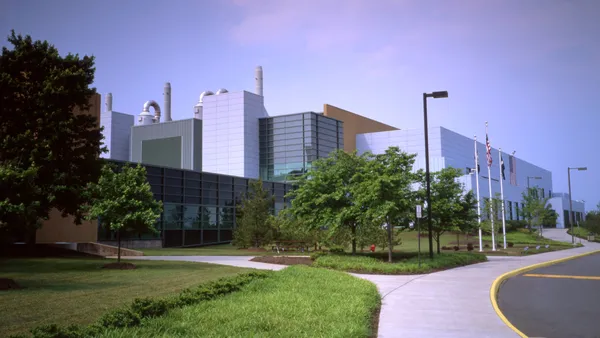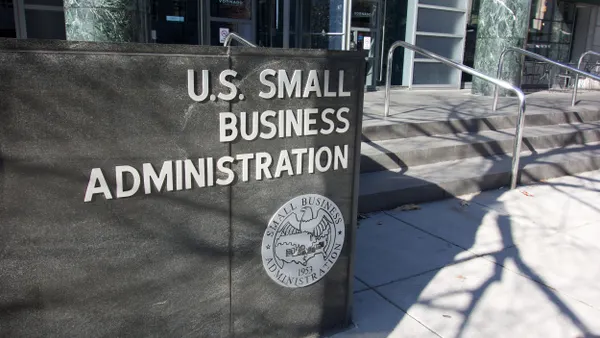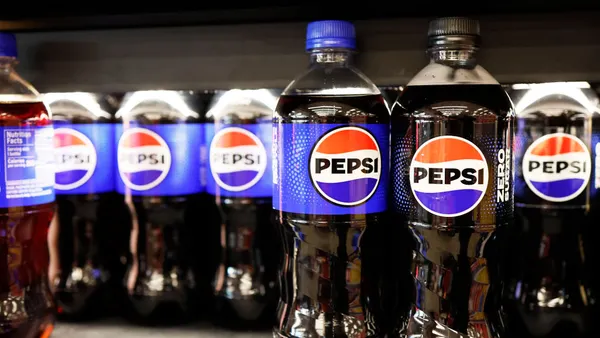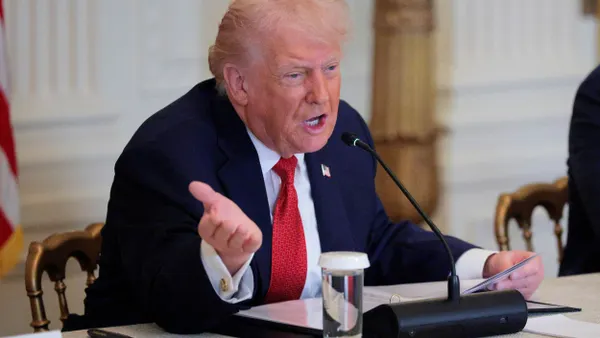Dive Brief:
- U.S. steel producer Cleveland-Cliffs is looking to start mining rare earth metals at some of its Midwest mines, CEO Lourenco Goncalves unveiled on an earnings call Monday.
- The company has identified two sites in Michigan and Minnesota where geological surveys “show evidence of rare earth mineralization,” Goncalves said. He declined to provide details about the minerals themselves on the call, but assured investors the company is assessing its mining potential.
- Meanwhile, Section 232 tariffs on steel, automobiles and other products, have started to bolster Cleveland Cliffs’ earnings. Goncalves said Q3 was the company’s best for auto steel shipments since Q1 2024.
Dive Insight:
In an effort to become less reliant on rare earth minerals from China, which are used to produce a slew of electronics, magnets, batteries, glass and other critical components, the Trump administration has been acquiring equity stakes in North American companies to secure a domestic supply chain.
The Department of Defense became the largest shareholder in Las Vegas-based MP Materials, the only fully-integrated rare earth producer in the United States, after investing $400 million for a 15% equity stake in July.
Earlier this month, the U.S. government also purchased stakes in Canada-based mining companies Lithium Americas and Trilogy Metals. Most recently, President Donald Trump signed a critical minerals deal with Australian Prime Minister Anthony Albanese at the White House on Monday as a way to counter China’s recent mineral export restrictions. The leaders valued the agreement at $8.5 billion, the Associated Press reported.
Cleveland Cliffs has previously received hundreds of millions of dollars in federal grants for projects, but the U.S. government has no equity stake with the company.
During Monday’s call, Goncalves said Cleveland Cliffs’ rare earth initiative is “squarely within the nation’s pursuit of critical material self-sufficiency,” adding that “America’s industrial foundation must never depend on China or any other foreign source for essential minerals.”
Separately, Goncalves noted that Q3 showed the “first clear signs that the tide is beginning to turn” in terms of financial performance as demand for automotive-grade steel rebounds and markets adjust to the current tariff environment. Cleveland Cliffs reported a total quarterly revenue of $4.7 billion, up nearly 4% from last year.
During the quarter, Cleveland Cliffs signed multi-year contracts with major automotive original equipment manufacturers that Goncalves said “should give us the demand we need” to make all nine of its plants run at full capacity and at full employment levels. The company is a major supplier of steel to companies such as General Motors, Ford, Stellantis, Hyundai, Honda and Toyota in North America.
”Many of these customers have told us directly that they want to reduce their exposure to tariffs and to foreign volatility,” Goncalves said.
The end markets that Cleveland-Cliffs serves, such as transportation, manufacturing and construction, have experienced “recession-like” conditions over the past 12 months, CFO Celso Goncalves said on the call. The construction and general manufacturing sectors remain weak, but they should follow the upward trajectory of the automotive sector soon, he said.
“We have finally started to see a bit of restocking activity in the distributor and end-user markets, an indication that the new tariff reality for those buyers is setting in,” the CFO said.
Cleveland Cliffs posted a Q3 net loss of $234 million compared to a loss of $232 million last year. An “onerous” five-year slab contract linked to an “irrelevant” Brazilian index has negatively impacted the company’s profitability, Goncalves said. It is set to expire Dec. 9.
Cleveland-Cliffs also signed a memorandum of understanding with an undisclosed global steel producer during the third quarter. Goncalves said he will provide more details about the deal in the coming months.
“Automotive is rebounding, our cost actions are working and trade policy is delivering measurable results,” Goncalves said. “But we are not declaring victory yet, we can and will do better.”


